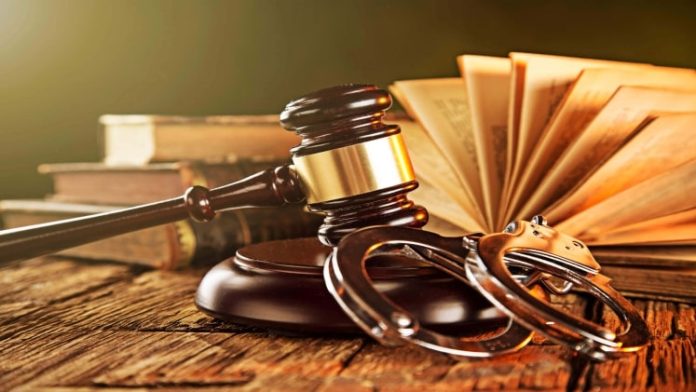Three stages in India under the 1973 criminal procedure code can be broadly classified as the criminal trial:
Each stage must be completed in detail. These are the steps.
- Pre-trial Stage
- Commitment of an offense
Information for the police
Information on cognizable offences
Information on non-cognizable offences
- You can complain to the Magistrates
Section 2 (d) of the Code of Criminal Procedure defines a “complaint” as an oral allegation to a Magistrate in order for him to take action under the Code.
- Police investigation
Police conduct investigation to gather evidence
Interrogation Statement for the Accused
Statement of witnesses
- Anticipatory Bail
After filing an FIR for cognizable Crime, the accused can apply to be granted anticipatory bail in session or high court. If anticipatory bail is granted, the accused cannot be arrested.
- Preparation of the accused in front of the magistrate
The accused must be presented before a magistrate within 24 hours of being arrested.
- Recall
If an accused is charged for any offense, and the police cannot complete the investigation within 24 hours of the incident, the magistrate will request that the police extend their custody.
- After the investigation is completed
The public prosecutor files a charge sheet with Court if the investigating agent believes that there is a prima facie case. If the police believe that there is not a prima facie case, a final report is filed with Court.
- Appearance of the accused in court and engagement of an advocate.
An Advocate of the accused is present with him to defend him, and to seek bail in case anticipatory bail cannot be taken.
- Filling out a bail application/ providing security
After bail is granted, the accused files a bail request and furnishes all evidence required to the court.
- Framing of Charge
To determine whether the accused should be released, the court will review the police report as well as any other relevant documents.
- Conviction on a plea of guilty
The court can record the guilty plea and convict the accused at its discretion. - If the accused pleads guilty
To begin the trial and other proceedings, the case is put on trial
- Trial stage
- Start of the trial
An analysis will show that a case is considered pending for the examination of witnesses. The trial could take place.
Sessions trial
Trial of warrants
Trial of Summons
- Prosecution evidence
After the charges are framed, the accused pleads guilty and the court orders that the prosecution present evidence to prove his guilt.
- Evidence for defense
The accused can present evidence in support of his case in a case where he is not being acquitted. The defense can present both oral and written evidence.
- Final Arguments
Arguments of both the defense counsel as well as the public prosecutor are made.
- Post Trial
- Appeal within a prescribed period of limitation/Revision
A party may appeal against a decision on acquittal/conviction/sentence. After opposing parties have been notified, defense counsel and public prosecutor present arguments before the Appellate court.
17. Judgment of the Appellate Court or Court with revisional authority
This Court can confirm or disprove the judgment of the lower court.
18. Execution of Sentence.
Finally, if all relevant courts and appellate authorities agree that the accused was convicted, he will be sent into prison.

